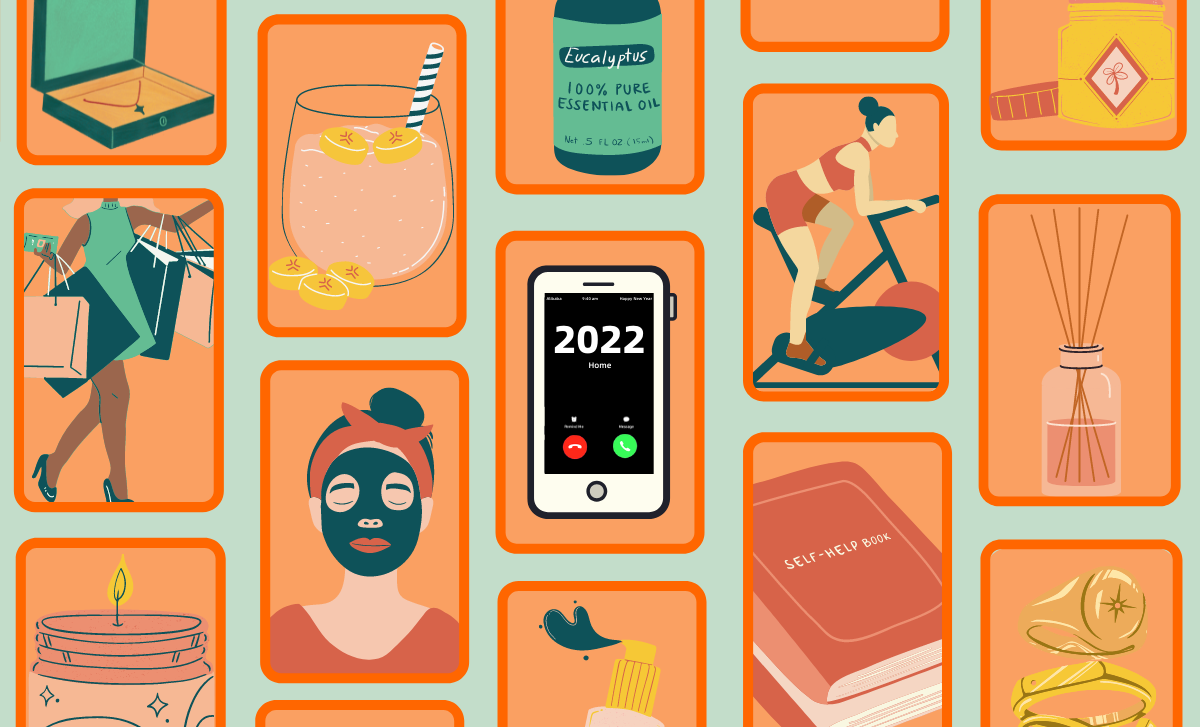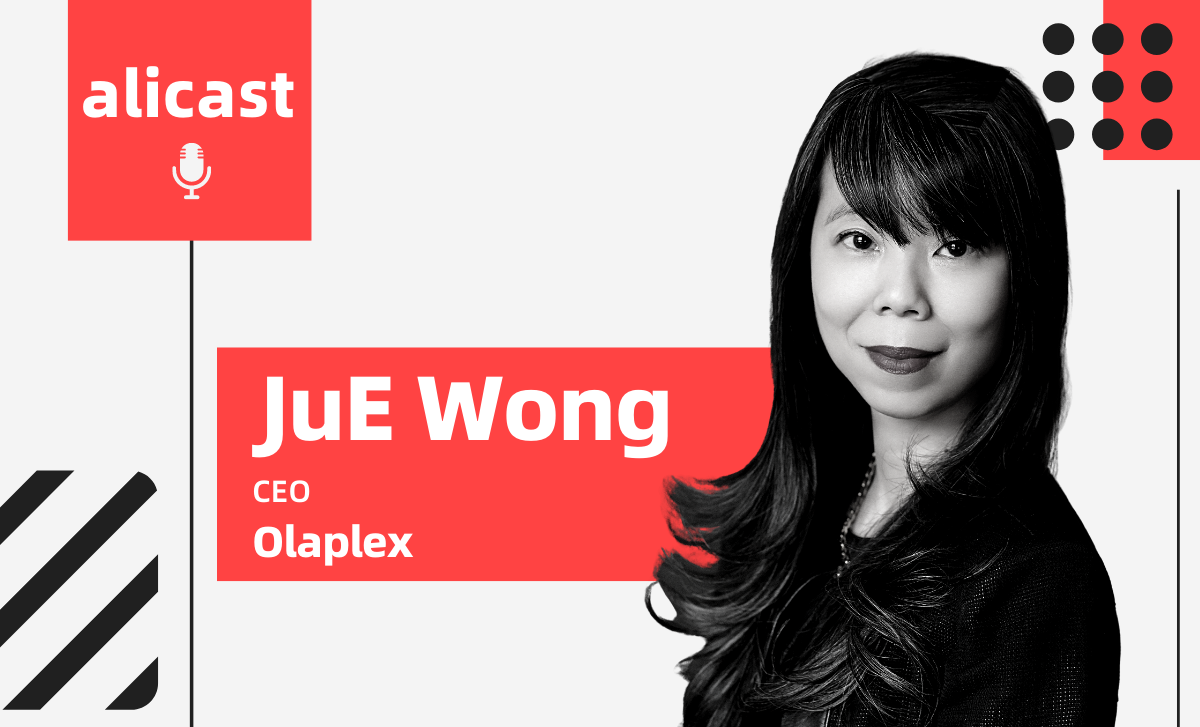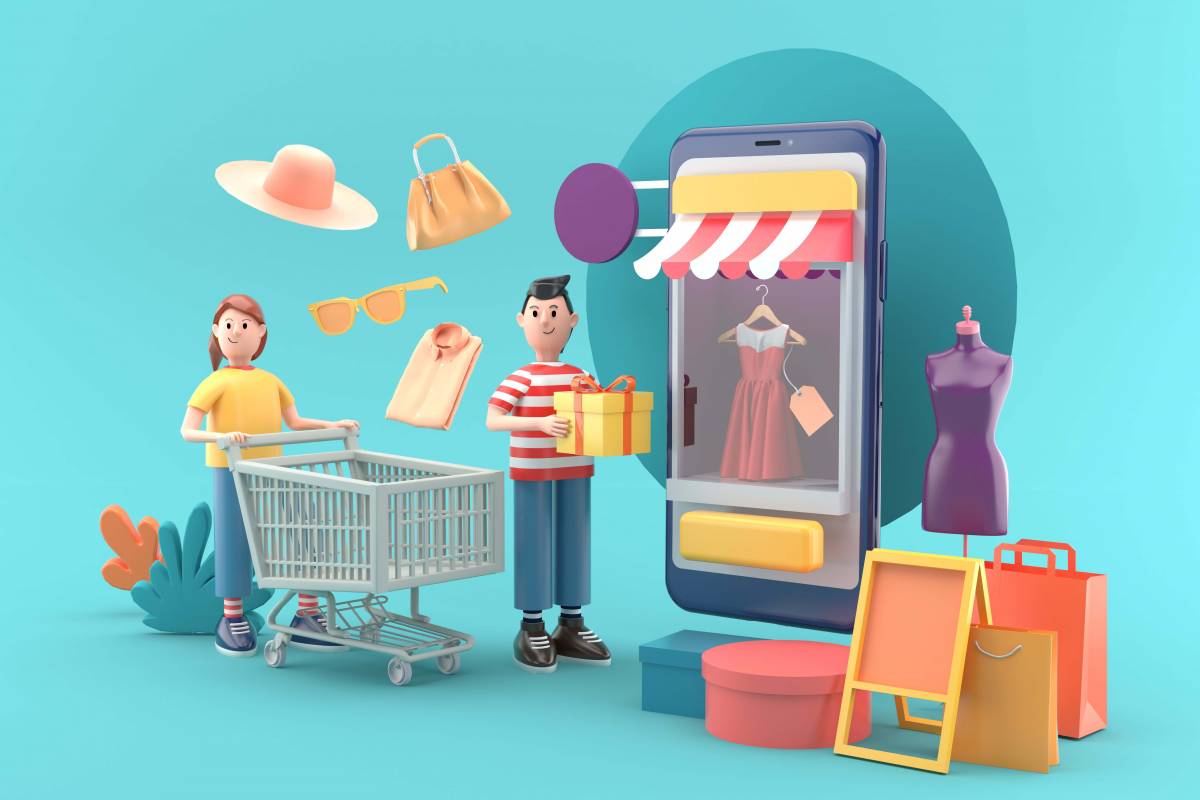
Photo credit: Alibaba Group/Elizabeth Utley
The coronavirus pandemic, climate change and evolving gender politics are among the powerful forces refashioning consumer behavior. Retailers are racing to keep up.
The industry will need to adapt to changing norms quickly, or swathes of businesses will face irrelevancy as past purchases no longer imply brand loyalty.
Market research provider, Euromonitor International, has identified ten consumer tribes that erupted onto the scene during the pandemic and is advising retailers on how to seize the opportunities and avoid the pitfalls created by social upheaval.
Over the coming days, we will profile other consumer tribes and examine how merchants, from multinationals to startups in niche categories, adapt to meet their needs.
In our 10-part series, we have looked at how the silver surfers and the metaverse impact retailers. Today we’ll explore what growing wellness awareness means for retailers in 2022:
No. 4: SELF-LOVE SEEKERS
Self-love seekers prioritize their happiness and indulge in goods and services that elevate their sense of self. Acceptance, self-care and inclusion are at the forefront of consumer lifestyles.
Self-love seekers splurge in ways that jive with their lifestyles, from salon-quality products at home to non-alcoholic drinks.
In Western countries, cannabis-infused products thrive. Just over half of all cannabis consumers in the U.S. reported using the substance for relaxation and improving their mental health during the pandemic, a study by research group New Frontier Data found.
Personal luxury goods outperform in China, where consumer spending in the sector grew 36% last year to top $73.6 billion, according to consulting firm Bain & Company. That is more than twice what Chinese shoppers spent on luxury goods in 2019 pre-pandemic.
To be sure, some cravings are universal. Skincare, makeup and haircare companies around the world are receiving a boost from self-love seekers.
“Beauty in general and haircare in particular, has benefited somewhat from that self-care ritual,” JuE Wong, CEO of Olaplex, a professional haircare line told Alizila.
Brands are breaking stereotypes and societal norms, allowing Self-Love Seekers to feel comfortable and creating deep connections with these customers. Products that evoke physical, emotional or spiritual wellbeing will resonate most with Self-Love Seekers and evoke loyalty.
“Brands that play on trust and transparency, as well as those with science-backed credentials and ‘clinical’ efficacy, will continue to resonate well,” Kayla Villena, a beauty and fashion consultant at Euromonitor International, told Alizila in September.
The future looks bright for retailers and consumers in the sector alike. A Euromonitor survey revealed that 56% of shoppers believe they will be happier in the next five years. Their wellness journeys will contribute to the 10% annual growth that consultancy McKinsey forecasts in the $1.5 trillion global wellness market.
Companies must support consumers on their journey with inclusive marketing and invest in tailored care. Personalization will quickly gain mass acceptance across beauty, personal care, and consumer health sectors.
Subscription services catering to each and every user will become more widespread. These range from daily vitamin packets based on personal health needs to monthly beauty boxes designed for the customer’s skin type.
Watch out for the next installment in the series this time tomorrow, when we will explore how vintage and the circular economy are changing the future for retailers





